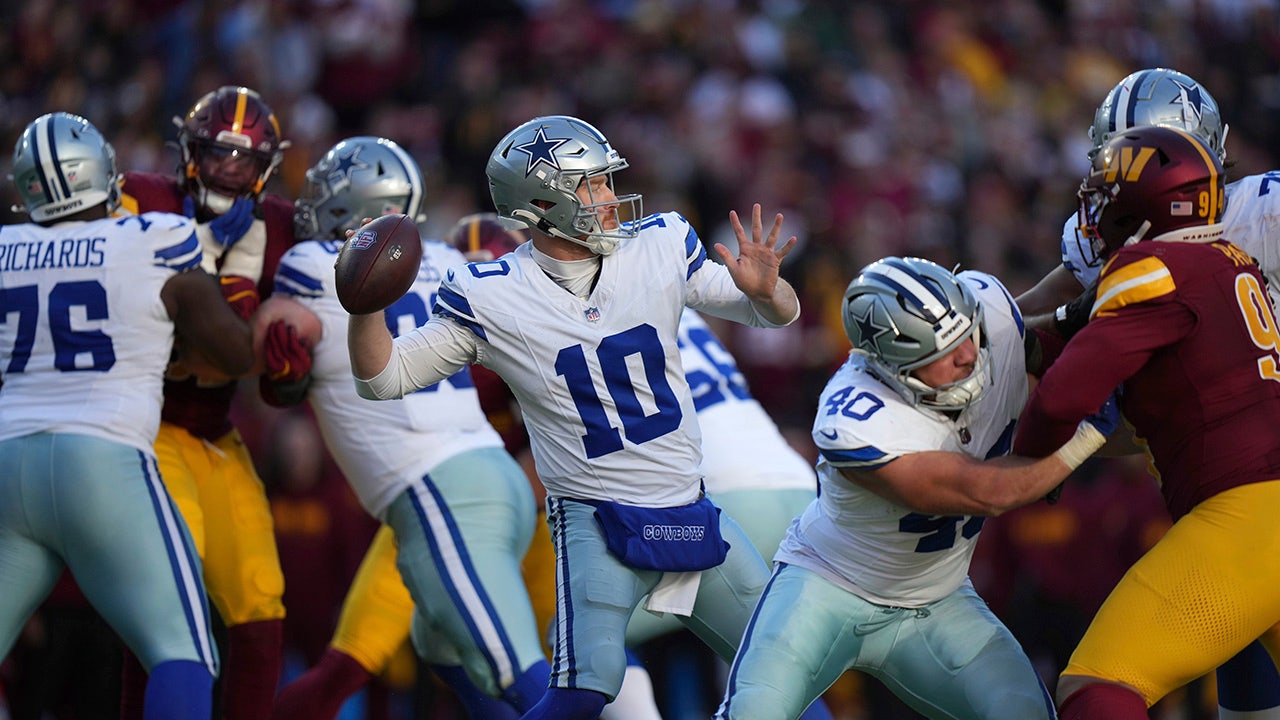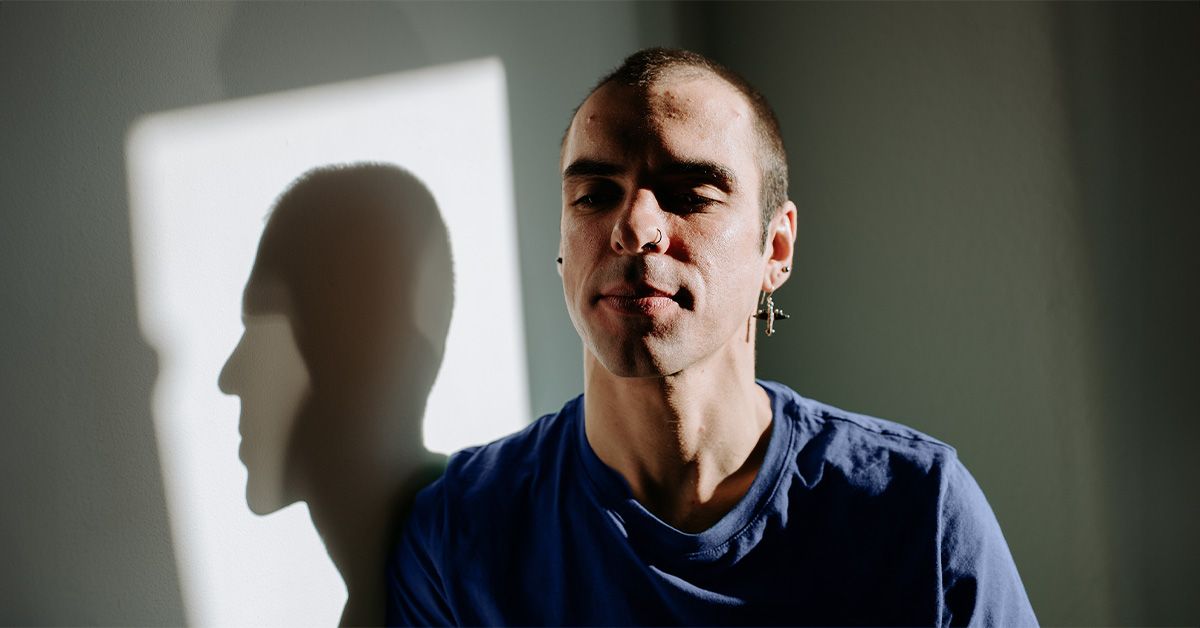Legendary NFL quarterback Brett Favre said he’s been diagnosed with Parkinson’s disease during a congressional hearing on Tuesday.
Favre, 54, was testifying before the House Ways and Means Committee about allegations that he misused Mississippi welfare funds to facilitate the construction of an athletic facility at his alma mater, The University of Southern Mississippi, and fund a company manufacturing a drug to treat concussions.
“Sadly, I also lost an investment in a company that I believed was developing a breakthrough concussion drug I thought would help others, and I’m sure you’ll understand why it’s too late for me because I’ve recently been diagnosed with Parkinson’s,” Favre said during the hearing.
“This is also a cause dear to my heart. Recently, the doctor running the company pleaded guilty to taking TANF money for his own use.”
The retired star was inducted into the Pro Football Hall of Fame in 2016 for his career as a quarterback, primarily with the Green Bay Packers.
Why was Brett Favre sued over TANF funds?
The retired quarterback was among 20 people who were sued in 2022 for what the Mississippi Department of Human Services said was a “gross misuse” of Temporary Assistance for Needy Families (TANF) funds.
An audit by state officials found $5 million in TANF funds were used to build a volleyball facility at The University of Southern Mississippi, when Favre’s daughter was playing on the school’s volleyball team.
Another $1.7 million was given to Prevacus, a company developing concussion medication that counted Favre as an investor, according to the audit.
Favre has said publicly that he doesn’t believe he did anything wrong and he didn’t know the money came from the state’s welfare fund.
What is Parkinson’s disease?
Parkinson’s disease is a neurodegenerative condition typically diagnosed after age 50, and symptoms include involuntary muscle contractions, pain in the joints and uncontrolled movements. The disease occurs because nerve cells in the brain die, leading to irregular brain activity, per Mayo Clinic.
It’s not clear why these nerve cells start to break down and die, but genetics may play a role. Other factors that increase a person’s risk for developing Parkinson’s disease include age, being male and exposure to certain environmental toxins, like pesticides.
Early research has also shown there’s a link between head trauma and developing Parkinson’s disease. Studies have found that just one concussions can increase the risk of a Parkinson’s diagnosis by at least 55%.
There is no cure for Parkinson’s, but symptoms may improve with medication.
Parkinson’s disease symptoms
Not everyone with Parkinson’s develops the same symptoms, but they usually start out mild, affecting one side of the both before spreading to both sides. These symptoms include:
- Tremors, a rhythmic shaking in the hand, foot or jaw
- Slower movement, making tasks more difficult
- Muscle stiffness
- Difficulty with posture and balance
- Loss of movement typically done without thinking, like blinking
- Speech difficulty
- Psychological challenges, like depression and sleep troubles
Brett Favre’s concussion history
Favre, who retired from football in 2011, estimated that he endured thousands of concussions during his 20 seasons in the NFL in an interview with “The Bubba Army” radio show in 2022.
“Every time my head hit the turf, there was ringing or stars going, flash bulbs, but I was still able to play,” he said. “That’s what’s kind of frightening about the concussion thing. It’s the ones that seem minor that do the damage.”
The year before, Favre shared in an interview with TODAY.com that he suffers from memory loss after taking numerous hits to the head during his decorated career.
“(There’s) no telling how many concussions I’ve had, and what are the repercussions of that, there’s no answer,” Favre said. “I wasn’t the best student, but I still can remember certain things that you would go, ‘Why would you even remember that?’ But I can’t remember someone that I played six years with in Green Bay … but the face looks familiar. Those type of issues that make me wonder.”
Favre also openly wondered if he has chronic traumatic encephalopathy, the progressive and fatal condition more commonly known as CTE.
“I don’t know what normal feels like. Do I have CTE? I really don’t know,” he said. “Concussions are a very, very serious thing and we’re just scraping the surface of how severe they are.”
Concussions and Parkinson’s disease
The more concussions and even less severe head injuries a person endures, especially in a short period of time, the great the risk of develop long-term cognitive issues, TODAY.com previously reported.
Research has also shown that concussions from playing football have been linked to an increased risk of developing Parkinson’s symptoms, as much as 61%. Another condition that has been linked to football and other sports — chronic traumatic encephalopathy, or CTE — can also manifest similarly to Parkinson’s, according to Mayo Clinic.
However, thousands of people have played football professional and never developed Parkinson’s symptoms. Still, experts tell NBC News that Favre’s diagnosis is part of a trend among football players.
“It’s hard to say whether it’s exactly because of the football or if it just increased his risk or odds of developing Parkinson’s disease, or if there’s other factors at play,” said Hannah Bruce, who has researched football and Parkinson’s. “But we’re seeing more football players come forward. It definitely says something.”
Read the full article here
















